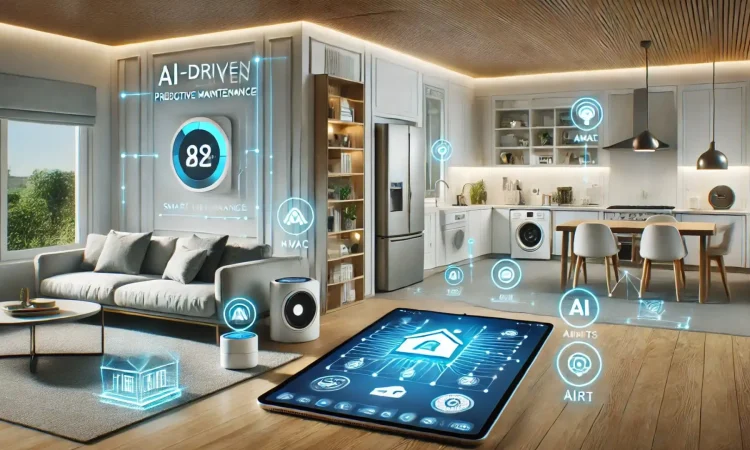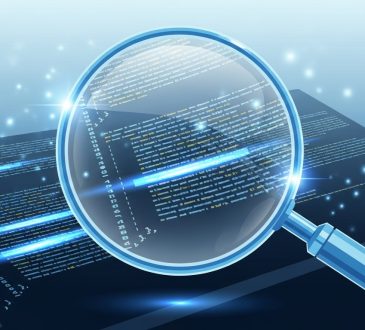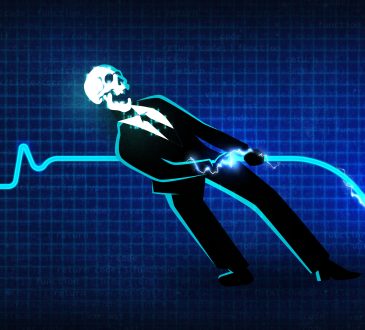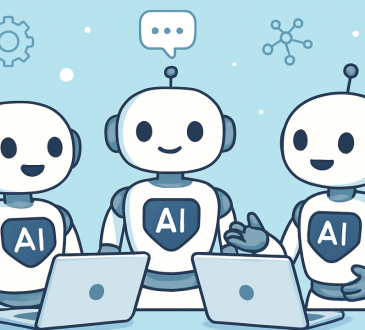
Artificial intelligence (AI) is evolving faster than ever, and in 2025, its impact on automation and smart systems is transforming industries worldwide. From manufacturing and logistics to healthcare and urban planning, AI technologies are reshaping operations, boosting efficiency, and redefining what machines can do. These changes aren’t just incremental—they’re creating a future where intelligent systems can anticipate needs, make decisions, and interact seamlessly with humans.
Revolutionizing Industrial Automation
In industries, AI-driven automation is taking productivity to new heights. Traditional assembly lines are being enhanced with smart robotic systems that adapt to different tasks without the need for extensive reprogramming. Unlike older industrial robots, which were rigid and highly specialized, modern AI-powered machines use computer vision, machine learning, and real-time analytics to respond dynamically to production changes.
For example, factories using these advanced systems can:
- Detect anomalies in real-time
- Adjust assembly sequences on the fly
- Predict equipment failures before they happen
This predictive capability helps companies reduce downtime, optimize maintenance, and significantly cut operational costs.
The Internet of Things (IoT) is further boosting efficiency. Smart sensors embedded throughout production lines continuously collect data, which AI algorithms analyze to optimize workflows. The result is a fully interconnected environment where decisions are fast, precise, and data-driven. Manufacturers benefit from faster response times, reduced waste, and scalable operations without needing proportionally more human labor.
Smart Logistics and Supply Chains
Automation is also revolutionizing logistics and supply chains. AI systems are now essential for managing inventory, predicting demand, and optimizing delivery routes. By analyzing historical data alongside real-time inputs like traffic patterns, weather conditions, and shipment delays, AI-powered logistics platforms can reroute shipments instantly to ensure timely delivery—a crucial advantage in global supply chains.
Smart warehouses are another growing trend, featuring:
- Autonomous Guided Vehicles (AGVs) for storage and retrieval
- Drones for efficient order fulfillment
- AI-powered warehouse management software
These systems reduce human error, maximize throughput, and improve order accuracy and speed. Companies adopting these solutions report significant cost savings and operational improvements.
Healthcare Gets Smarter
Healthcare is experiencing its own AI-driven revolution. Automation and smart systems are streamlining processes, improving patient care, and freeing up medical staff from routine administrative tasks.
AI now assists with:
- Appointment scheduling
- Patient record management
- Insurance claims processing
Beyond administration, AI is transforming diagnostics. Smart imaging systems analyze radiographs, MRIs, and CT scans with exceptional accuracy, detecting issues that might escape human eyes. AI algorithms also identify patterns in large patient datasets, helping detect conditions like cancer, cardiovascular diseases, and neurological disorders earlier and more reliably.
By integrating these systems into hospitals and clinics, efficiency is improving, and patient outcomes are getting better—making healthcare both smarter and more effective.
AI in Smart Cities
AI-powered automation is also reshaping urban environments. Smart city initiatives worldwide are using AI to:
- Manage traffic flow efficiently
- Monitor energy consumption
- Enhance public safety
For example, AI traffic management systems analyze real-time vehicle data to reduce congestion, adjust signal timings dynamically, and predict accident-prone areas. These systems not only improve mobility but also reduce fuel consumption and emissions, contributing to environmental sustainability.
Energy management is another key area. Intelligent grids predict electricity demand, optimize distribution, and integrate renewable energy sources. AI-powered monitoring can detect leaks or inefficiencies in water and gas networks, enabling proactive action. With automation and real-time analytics, cities are becoming more responsive, resilient, and sustainable.
Emerging Trends in AI Automation
Several trends are shaping the next generation of AI and smart systems:
- Collaborative Robots (Cobots): Designed to work alongside humans rather than replace them, cobots use advanced sensors and AI to navigate complex environments safely and assist in manufacturing, labs, and other sectors.
- Autonomous Decision-Making Systems: AI platforms in business and finance can analyze data, predict market trends, and execute decisions with minimal human input.
- Advanced Customer Service: AI chatbots and virtual assistants are handling complex queries and continuously improving through machine learning.
The focus is shifting from replacing human labor to augmenting human capabilities, creating smarter workplaces and services.
Ethical and Practical Considerations
Despite the benefits, AI automation raises important ethical and practical questions:
- Potential job displacement
- Data privacy concerns
- Reliance on machine-driven decision-making
Organizations must balance efficiency with transparency, fairness, and accountability. Steps for responsible AI adoption include:
- Developing robust AI governance frameworks
- Investing in workforce reskilling
- Ensuring alignment with societal values
Additionally, as industries adopt multiple AI systems from different vendors, interoperability becomes critical. Unified standards and protocols are evolving to prevent operational silos and maximize efficiency.
Looking Ahead
The latest AI developments suggest a future where intelligent systems are embedded in almost every aspect of life and industry. From factories and warehouses to hospitals and cities, AI-driven solutions are enhancing productivity, reducing errors, and enabling data-driven decisions at unprecedented scale.
As AI matures, the focus will shift to:
- Greater human-machine collaboration
- Ethical governance and transparency
- Adaptable, fair, and efficient intelligent systems
This convergence promises a world where human potential is amplified, industries are more responsive, and cities are smarter, safer, and more sustainable.
In conclusion, the latest AI news on automation and smart systems highlights rapid transformation and immense potential. While challenges remain, the benefits are undeniable. Organizations embracing AI thoughtfully are set to lead in efficiency, innovation, and creating smarter, more interconnected environments.




